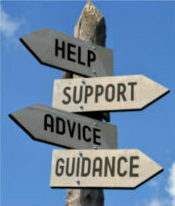Can People with ADHD Really Transform Their Lives? The Science Says Yes
Knowing that ADHD is manageable flips the script from despair to possibility. It’s not just about surviving day-to-day—it’s about thriving in a way that feels authentic to you. With better treatments, smarter habits, and a shift in how we view neurodiversity, you can unlock a higher quality of life. This isn’t just personal; it’s part of a bigger conversation about recognizing ADHD as a difference with potential, not a flaw to fix.










